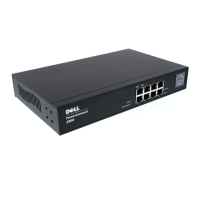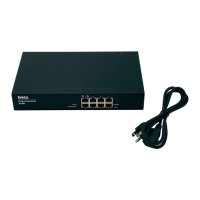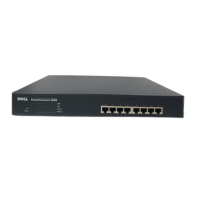Update with your book title 135
Defining Multicast Global Parameters
Layer 2 switching forwards Multicast packets to all relevant VLAN ports by default, treating the packet as
a Multicast transmission. While this is functional, in the sense that all relevant ports/nodes receive a
copy of the frame, it is potentially wasteful as ports/nodes may receive irrelevant frames only needed by a
subset of the ports of that VLAN. Multicast forwarding filters enable forwarding of Layer 2 packets to
port subsets, defined in the Multicast filter database.
When IGMP snooping is enabled globally, the switching ASIC is programmed to forward all IGMP
packets to the CPU. The CPU analyzes the incoming packets and determines which ports are to join
which Multicast groups, which ports have Multicast routers generating IGMP queries, and what routing
protocols are forwarding packets and Multicast traffic. Ports requesting to join a specific Multicast group
issues an IGMP report specifying that Multicast group. This results in the creation of the Multicast
filtering database.
The Multicast Global Parameters page contains fields for enabling Bridge Multicast Filtering and IGMP
Snooping on the device. To open the Multicast Global Parameters page, click Switch→ Multicast
Support→ Global Parameters in the tree view.
Figure 7-26. Multicast Global Parameters
•
Bridge Multicast Filtering
— Enables or disables bridge Multicast filtering. Disabled is the default
value. IGMP Snooping can be enabled only if
Bridge Multicast Filtering
is enabled.
•
IGMP Snooping Status
— Enables or disables IGMP Snooping on the device. Disabled is the default
value.
Enabling Bridge Multicast Filtering on the Device
1
Open the
Multicast Global Parameters
page.
2
Select
Enable
in the
Bridge Multicast Filtering
field.
3
Click
Apply Changes
.
Bridge Multicast
is enabled on the device.
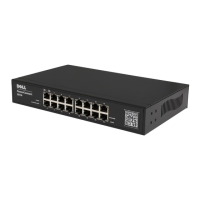
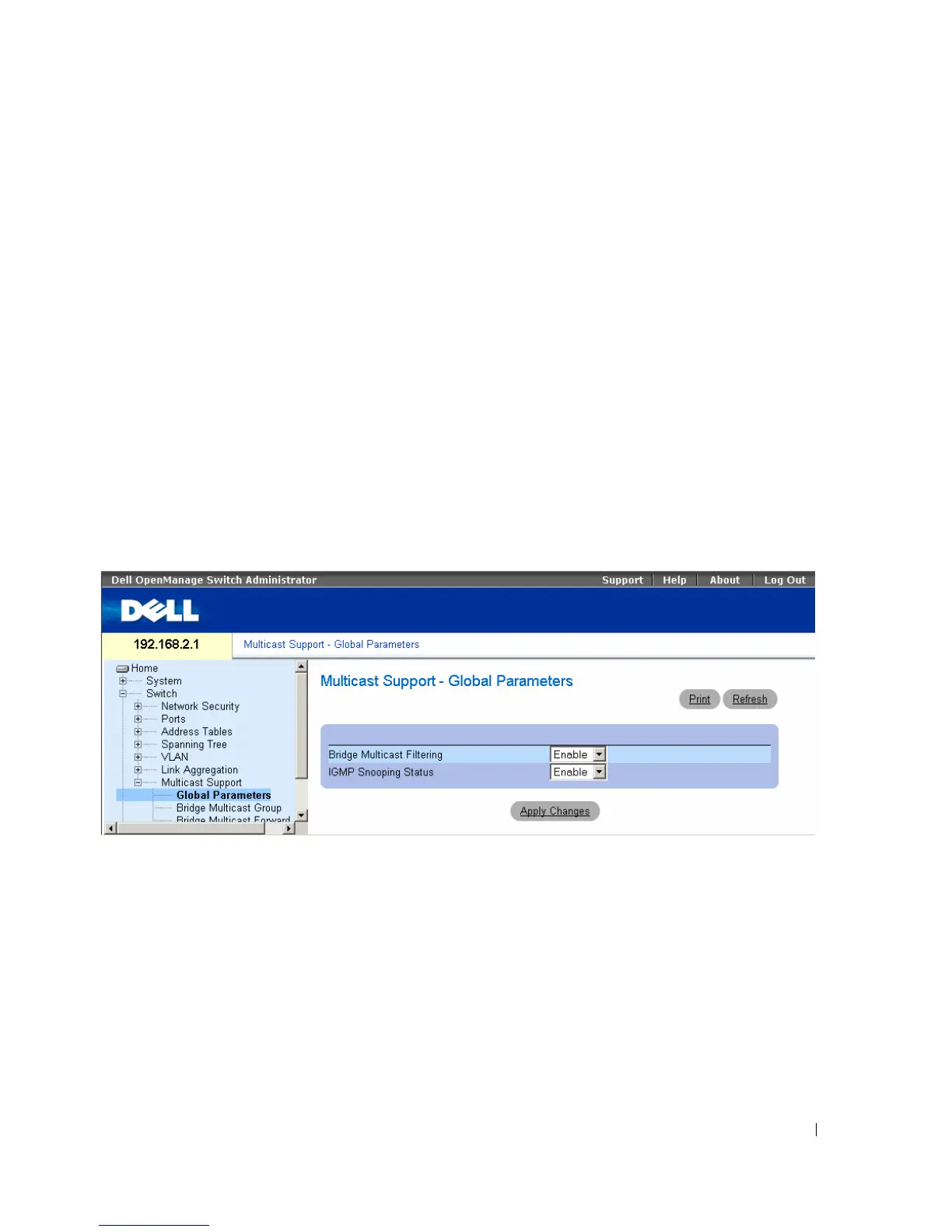